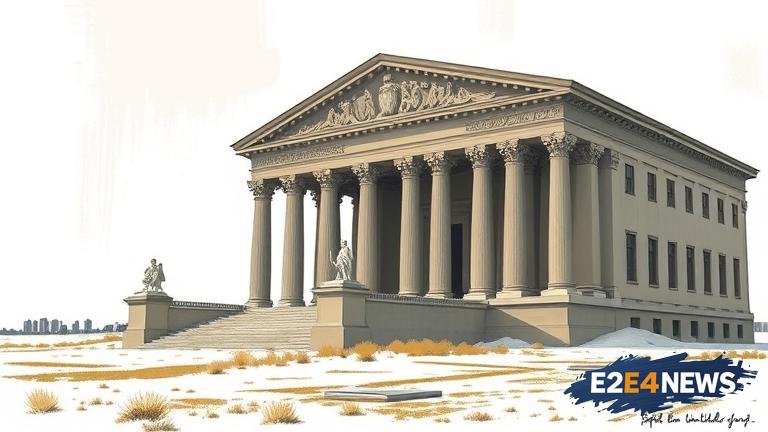The Native American tribes in North Dakota have filed a petition with the US Supreme Court, seeking review of a lower court’s decision that upheld the state’s voter ID law. The tribes argue that the law disproportionately affects their ability to vote, as many Native Americans living on reservations do not have the required identification. The case, which has been ongoing for several years, centers on the state’s requirement that voters provide a residential address in order to cast a ballot. However, many Native Americans living on reservations do not have traditional addresses, instead using post office boxes or other non-traditional addressing systems. The tribes claim that this requirement is discriminatory and violates the Voting Rights Act. The petition to the Supreme Court comes after a federal appeals court upheld the lower court’s decision, ruling that the law did not disproportionately affect Native American voters. The tribes disagree, citing evidence that the law has led to a significant decrease in Native American voter turnout. They also argue that the law is unnecessary, as there is no evidence of widespread voter fraud in North Dakota. The case has drawn attention from civil rights groups and voting rights advocates, who see it as a key test of the Voting Rights Act. The Supreme Court’s decision to hear the case could have significant implications for voting rights across the country. The tribes are seeking a ruling that would strike down the voter ID law and require the state to provide alternative forms of identification for Native American voters. The case is also seen as a reflection of the broader struggles faced by Native American communities, who often face significant barriers to voting and other forms of civic participation. The tribes are hopeful that the Supreme Court will take up the case and provide a ruling that will protect the voting rights of Native Americans in North Dakota and beyond. The petition to the Supreme Court is the latest development in a long-running dispute over voting rights in North Dakota, which has been marked by controversy and litigation. The state’s voter ID law has been the subject of numerous court challenges, with opponents arguing that it is designed to suppress the votes of certain groups, including Native Americans and low-income individuals. The Supreme Court’s decision to hear the case could provide a major victory for voting rights advocates, who see the law as a key example of the types of voter suppression tactics that are becoming increasingly common across the country. The case is also seen as a test of the Supreme Court’s commitment to protecting the voting rights of all citizens, regardless of their background or circumstances. The tribes are confident that the Supreme Court will recognize the importance of protecting the voting rights of Native Americans and will rule in their favor. The outcome of the case is likely to have significant implications for the upcoming election, as well as for the broader struggle for voting rights in the United States.
